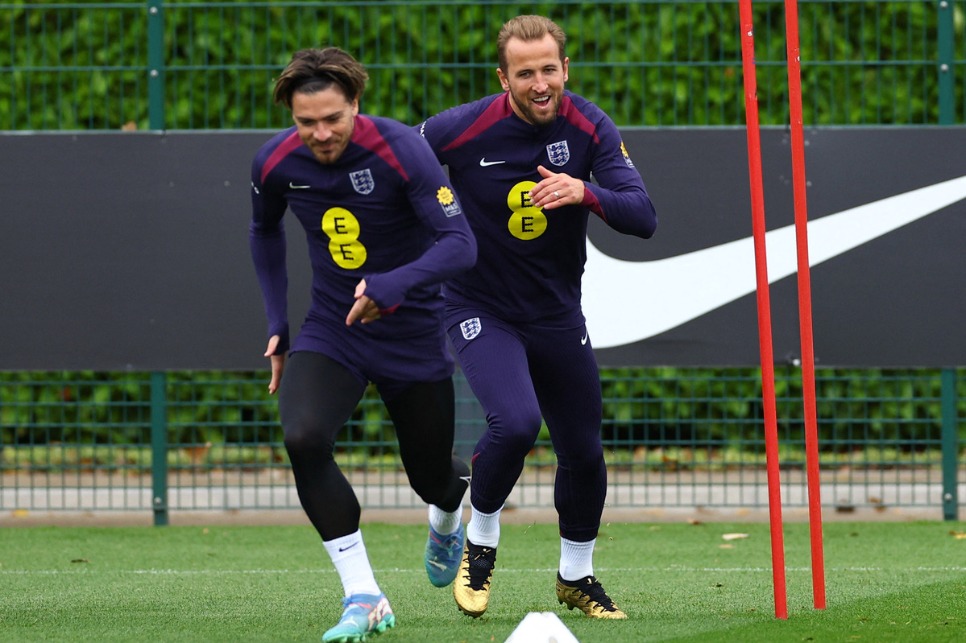Lood locked in again after tackling heart of the matter


WELLINGTON, New Zealand — Springboks lock Lood de Jager has spoken at length publicly for the first time about the heart ailment which caused him to miss last year's Rugby World Cup and might have been fatal if it had not been diagnosed in time.
De Jager was diagnosed with pericarditis the day before South Africa's 2023 World Cup squad was announced. Though it was a bitter blow to have to miss his second World Cup — South Africa successfully defended its title — De Jager is grateful the ailment was found when it was.
The 31-year-old forward played his first match since his diagnosis for Saitama Wild Knights against Mitsubishi Dynaboars in Japan League One in January. That brought an end to a difficult rehabilitation which began with De Jager being cautioned against exercising in any way.
Over a period of months, De Jager slowly had to build his fitness again to the level it was at when the illness struck. When he first was able to practice with his teammates, he said he felt like a kid again.
Pericarditis is the inflammation of the pericardium, the fluid-filled membrane which protects the heart. It can be caused by a viral or bacterial infection. It can also be exacerbated by exercise, which causes the heart rate to rise.
Continuing strenuous exercise with pericarditis can result in myocarditis and, in worse cases, in sudden cardiac death. De Jager first felt symptoms of the illness as he was preparing for the Springboks' Rugby Championship Test in Argentina in July last year.
Initial tests didn't detect pericarditis and it was only when De Jager returned to South Africa for an MRI scan and to see a cardiologist that the illness was discovered. Had he continued to train and to play, the outcome might have been serious.
"They diagnosed me the day the (World Cup) squad got announced or the day before so the timing wasn't ideal," De Jager told The Associated Press. "I'm just thankful I get to sit here. It could have been way worse.
"They could have missed it and I could have gone down and trained again or played again and you never know what might have happened. All in all, I'm just grateful to be here."
De Jager faced a long and sometimes grim path back to the top. A long period of rest was followed by months of hard training to recover his lost fitness.
While it was difficult at times, De Jager believes his close call has given him a new lease on life.
"The first couple of sessions when I could train again with the lads, I was like a kid again," he said. "You can't get enough of it.
"You get times in your career when you're playing 20, 30 games on the bounce and your body's really sore and you're not keen for training. It's amazing how that little break can just flick the switch again."
He said a "real big scare" can put things in perspective, and being out on the field "is a massive blessing at the moment".
De Jager can recall vividly the moment he first knew something was wrong.
"The exact time I started feeling real symptoms which were worrying was we had a training before the Argentina Test," he said, describing the Monday session as not particularly intensive and more designed "just to get the body going after playing on the weekend".
Five minutes into training, he said, "I felt like someone was sitting on my chest. I couldn't breathe, I felt like I was suffocating. Just pressure on my chest and shortness of breath and just a very eerie feeling.
"I walked off the field and I told the doctor something's not right. Obviously in that moment you're not sure and you think maybe I'm a bit sick or it's COVID."
For the first 10 weeks, De Jager was not allowed to train at all, then his recovery proceeded in a series of careful steps.
"There's no other choice," he said. "The first 10 weeks was nothing, I wasn't allowed to take my heart rate above 100 beats per minute. It was just rest. Gradually they worked it up until I was allowed to train to my max heart rate.
"From the time I could start taking my heartbeat above 100, it was probably eight to 10 weeks before I was allowed to fully train."
Now De Jager believes the experience may have extended his career. Mentally, he is more positive than before and each new day seems like a blessing.
Agencies via Xinhua
Most Popular
- China lose to 10-man Saudi Arabia in World Cup qualifier
- 128 arrested in violations of soccer gambling and bribery
- China imposes life bans on 43 for gambling, match fixing
- France and Italy win in Nations League, Haaland on target for Norway
- Kane using Brady's longevity as fuel ahead of 100th England cap
- Gu Ailing, Zhang Kexin dominate FIS freeski World Cup opener in New Zealand






























